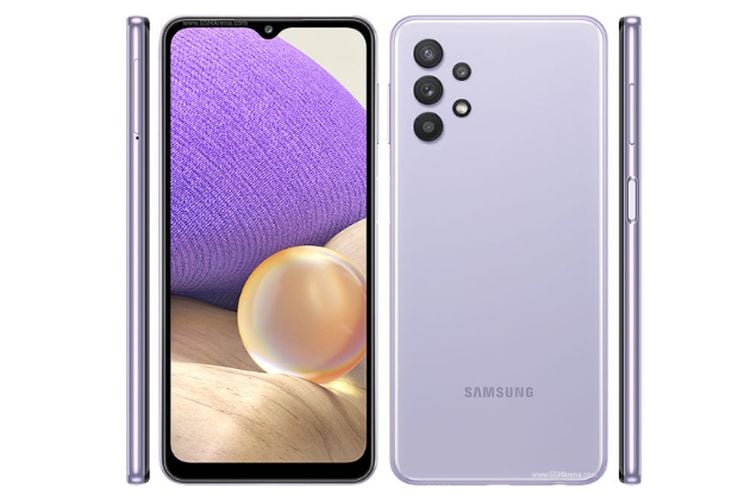
It’s panic or almost. Ever since the Supreme Court’s draft decision challenging the constitutional right to abortion was leaked, American women have been concerned about whether their menstrual cycles are at risk of being monitored through sex-tracking apps. rules ? What about their hormonal changes, their appointments with the gynecologist? On the sidelines of the national demonstration on Saturday May 14, at the call of some thirty “pro-choice” associations, social networks are teeming with questions about the risk of seeing the public authorities interfere in what they had got into the habit, since 1973, of considering as a matter of their private life: their desire to have children or not.
In this new context of a post “Roe v. Wade”, which could see some 26 states criminalize the use of voluntary termination of pregnancy (abortion), and perhaps encourage denunciation, as in Texas, digital tools specialized in health or well-being are seen as potential snitches. More than 100 million women use apps for period tracking (monitoring of the menstrual cycle). These make it possible to predict the date of the next period, the period of ovulation or to track down the signs of premenstrual syndrome. Dozens of apps are available. Planned Parenthood, family planning, offers its own (Spot on). Just like the anti-abortion camp, whose favorite application (Femm) encourages women to be wary of the pill and to favor “natural” contraceptive methods.
Without even using an app, women could be betrayed by their smartphones. Thanks to the geolocation tool or the search engine, anyone who has approached an abortion clinic, bought an abortion pill online or even sought information on how to help “pro-choice” associations, could be “spotted”. Considering most apps sell their data to third parties, all it takes is a patient sitting in an abortion clinic waiting room and playing a game on her smartphone to potentially get flagged, says Evan Greer of digital rights organization Fight for the Future. On May 3, the Motherboard site revealed that data broker Safe Graph was already selling compilations of data on people who came through the door of a Planned Parenthood agency. The information is used to send messages to abortion candidates and encourage them to give up.
You have 45.19% of this article left to read. The following is for subscribers only.
–


